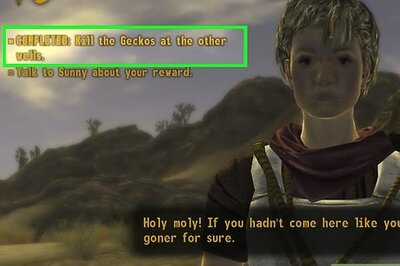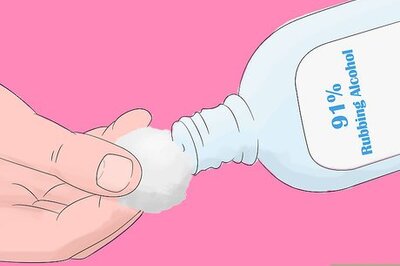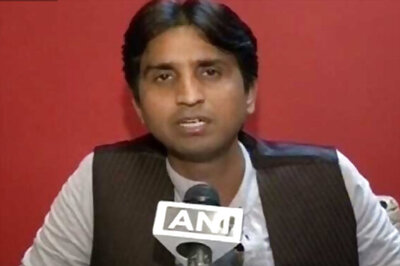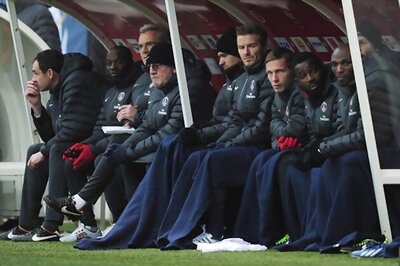
views
MOSCOW: Moscow may reinstate tough measures if its 13 million population ignores COVID-19 protection rules, its mayor Sergei Sobyanin said on Thursday after the Russian capital started to record increases in daily cases of infection.
Moscow, the epicentre of Russia’s coronavirus outbreak earlier this year, registered 2,424 new cases overnight, up from below 700 in new daily cases in early September.
In an attempt to curb the recent spike in infections, Sobyanin has earlier ordered to extend an upcoming school holiday by a week and advised anyone with chronic health problems or those older than 65 to stay home.
On Thursday, he ordered employers to send at least 30% of their staff to work remotely from Oct. 5, saying on his blog that hospitalisations of people with COVID-19 were rising in Moscow by around 5,000 per week and that the share of children among the city’s sick had risen above 19% for the first time.
“I hope these measures will be sufficient to halt the growth in the infection rate and we will not have to take any more severe measures,” Sobyanin said. There were exceptions for healthcare workers and employees of the defence sector.
“But if we neglect all these measures, then the likelihood that we will have to take tough measures is very high,” Sobyanin was quoted as saying by TASS news agency later on Thursday.
Moscow closed down all public places including parks and cafes, with exception for delivery, in late March, with police patrolling the streets looking for whose violating the rules.
Restrictions were eased from mid-June. The country as whole reported 8,945 new coronavirus cases on Thursday, its highest daily tally since June 12, pushing the national total to 1,185,231, the fourth-highest in the world.
Authorities said 169 people had died nationwide in the last 24 hours, bringing the official death toll to 20,891.
Russia has so far developed two anti-coronavirus vaccines, Sputnik V backed by the Russian Direct Investment Fund and another developed by Siberia’s Vector Institute, with final trials for the both yet to be completed.
Sobyanin said on Thursday Moscow hoped to get a big supply of an anti-coronavirus vaccine in November-December which could resolve issues related to the pandemic, TASS quoted him as saying.
Disclaimer: This post has been auto-published from an agency feed without any modifications to the text and has not been reviewed by an editor



















Comments
0 comment